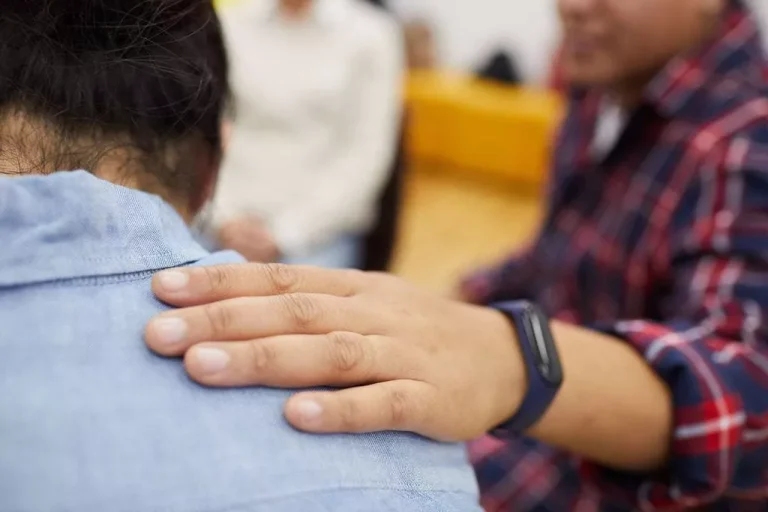
If you drink, ask your doctor if it’s OK for you to have alcohol and how much is too much. Even a minor cut may bleed a lot if you’re on these medications. Atrial fibrillation is alcohol a blood thinner is one of the most common heart rhythm problems. If you don’t treat it, you are at a higher risk of having a stroke. This article discusses the effects that alcohol has on the blood in both the short and long term.

Drug and Alcohol Addiction

If you are drinking more alcohol units than recommended while taking prescription blood thinners, talk to your doctor. It may be that alongside your need for anticoagulants, you need help to deal with your relationship with alcohol. Even if you don’t consider yourself a heavy drinker, regular alcohol use can impact negatively your blood-thinning medication. For example, a blood clot can form elsewhere in the body and travel to the heart, lungs, or brain.
- However, more research is necessary to determine whether alcohol use is directly responsible for these possible heart benefits.
- Additionally, the NIAA advises that studies have indicated that heavy alcohol use and AUD have links to increased surgical complications.
- Combining alcohol and blood thinner medications like warfarin may cause you to bleed more easily.
- However, not all OTC treatments are recommended if you have high blood pressure and/or take metoprolol.
Blood Thinners and Alcohol: Interactions, Risks, and Side Effects
You may need a dose adjustment in addition to testing of your prothrombin time (PT) or International Normalized Ratio (INR). But if you take warfarin, excessive amounts of alcohol can alter how the drug is metabolized and raise your bleeding risk, cautions Cushman. Granger warns against taking aspirin and nonsteroidal drugs like naproxen and ibuprofen that can increase your risk of bleeding. Let your doctor, nurse, or pharmacist know about any prescription or over-the counter drugs, vitamins, and herbal supplements you’re taking. Some drugs and supplements can affect the results of the test used to monitor blood-thinner levels, the NBCA reports. These drugs — which include warfarin, heparin, and newer medications such as apixaban and rivaroxaban — work in different ways, but all interfere with the clotting process.

Don’t Worry Too Much About Shaving
When alcohol consumption begins to interfere with an individual’s health, safety, and daily activities, it may be a sign of alcohol abuse. Signs of alcohol abuse include frequent binge drinking, inability to control alcohol intake, and negative impacts on personal or professional life. It’s essential to apply moderation when it comes to alcohol consumption while on Eliquis.
Alcohol, in low to moderate amounts, thins the blood, potentially reducing the risk of clots. But moderation is key – and doctors don’t recommend drinking alcohol to protect against DVT. Don’t take over-the-counter medicines, vitamins, or supplements unless you check with your doctor first. For example, aspirin, ibuprofen, and naproxen can make you bleed more. Some people are born with a condition where their blood clots more easily than in other people.